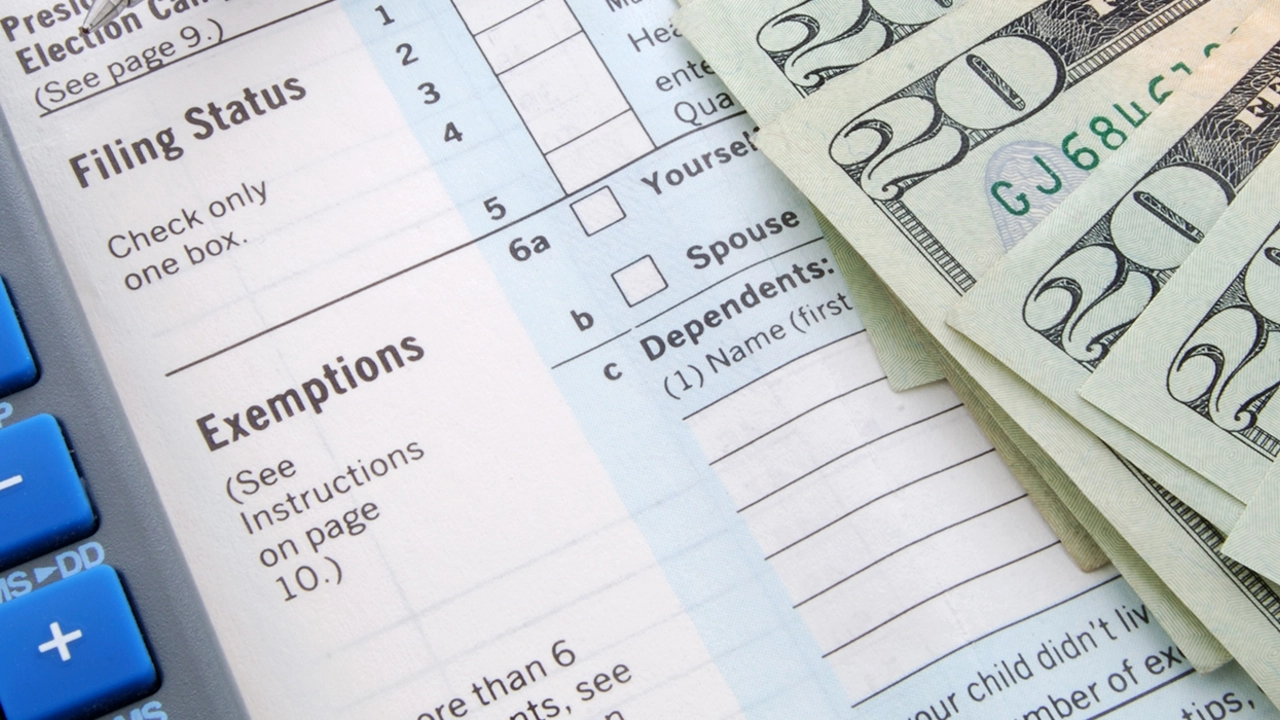
Understanding Unregistered Companies
Unregistered companies, as the term suggests, are businesses that are not officially registered with the relevant governmental authorities. They could be small businesses, sole proprietorships or freelancers who have not yet taken the step to formalize their operations. While this may offer some benefits like flexibility and reduced paperwork, it also means that they are not recognized as legal entities and therefore, they are personally liable for their business debts. This section will help you understand what unregistered companies are and why some businesses opt to remain unregistered.
The Importance of Filing Taxes for Unregistered Companies
Even if your company is not officially registered, it doesn't mean you're exempt from paying taxes. In fact, tax compliance is critical for all businesses, regardless of their size or registration status. Failing to file taxes can result in severe penalties and legal complications. It may also impact your business reputation and future opportunities. Therefore, it's essential to understand and fulfill your tax obligations as an unregistered company.
Identifying Tax Obligations for Unregistered Companies
Before you can start filing taxes, you need to identify what your tax obligations are. The tax obligations of an unregistered company may vary depending on several factors such as the nature of business, location, and income level. Generally, unregistered companies are responsible for income tax, self-employment tax, and in some cases, sales tax. It is advisable to consult with a tax expert to understand these obligations better.
Keeping Accurate Financial Records
One of the critical steps in filing taxes for an unregistered company is maintaining accurate financial records. This includes all income and expenses related to your business. Proper record-keeping simplifies the tax filing process and helps avoid any discrepancies that could lead to penalties or audits. You can use accounting software, spreadsheets or even traditional bookkeeping methods to keep track of your financial transactions.
Calculating Your Taxable Income
Once you have accurate financial records, you can determine your taxable income. This is typically your total income minus any allowable business expenses. Be sure to be thorough in identifying all legitimate business expenses, as these can significantly reduce your taxable income. Again, a tax expert can guide you through this process to ensure accuracy and compliance with tax laws.
Filling Out the Appropriate Tax Forms
Filing taxes involves filling out specific forms provided by the tax authority. For unregistered companies, this would typically be a personal income tax return, with additional schedules or forms for business income and expenses. It's critical to fill out these forms accurately and completely to avoid errors that could delay processing or result in penalties.
Paying Your Taxes
After you've calculated your tax obligations and filled out the necessary forms, the next step is to pay your taxes. Depending on your location and the size of your tax bill, you may have various payment options available, including online payments, bank transfers, or even mailing a check. Ensure you pay your taxes on time to avoid late payment penalties.
Seeking Professional Help
Given the complexity of tax laws and the potential legal implications of errors, it can be helpful to seek professional help when filing taxes for an unregistered company. Tax professionals have a deep understanding of tax laws and can provide guidance throughout the process, ensuring compliance and minimizing your tax liability. They can also help you understand potential benefits and deductions that you may not be aware of.
Planning for Future Tax Obligations
The final section of this article focuses on planning for future tax obligations. Just because your company is unregistered doesn't mean you can ignore future tax obligations. It's important to budget for taxes and plan for potential changes in tax laws. This can help you avoid unpleasant surprises and ensure your business remains financially healthy and compliant with tax laws.
